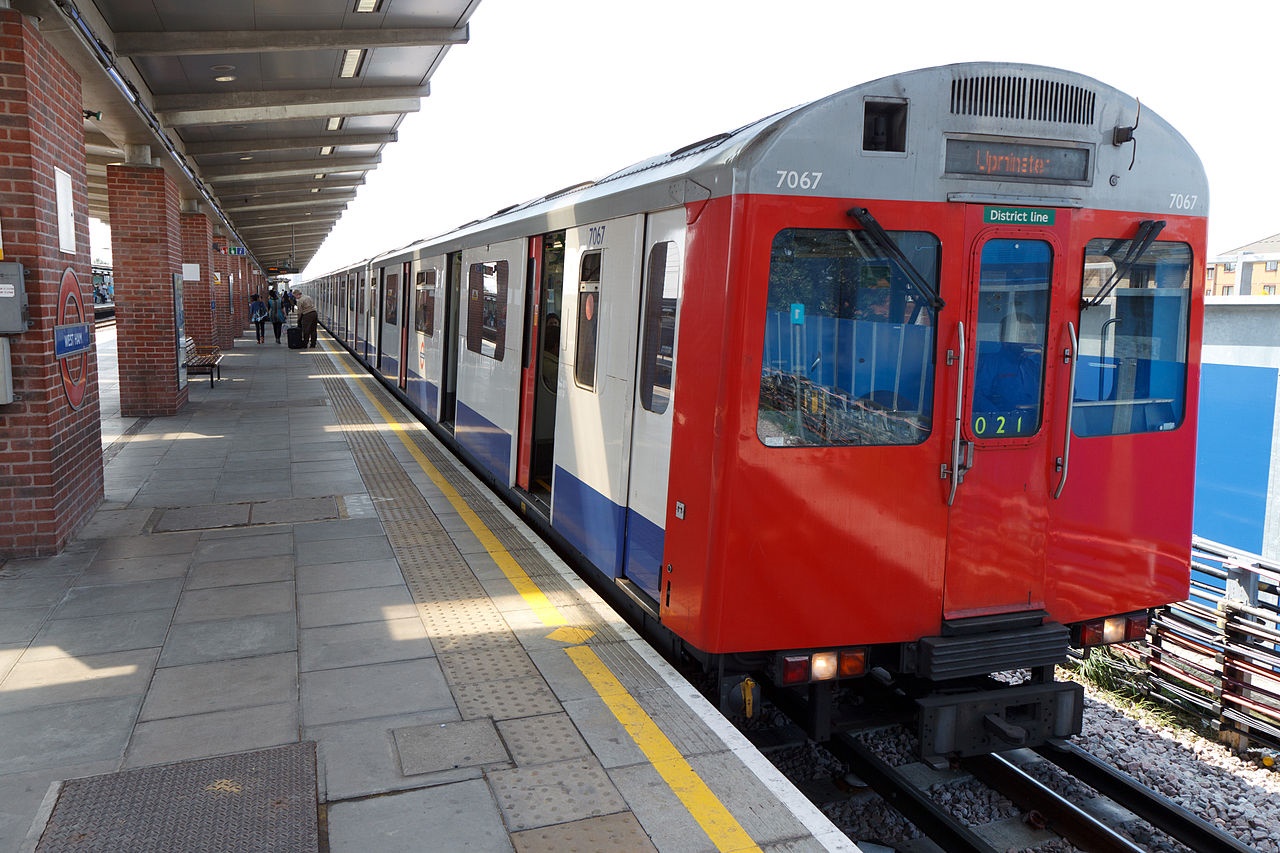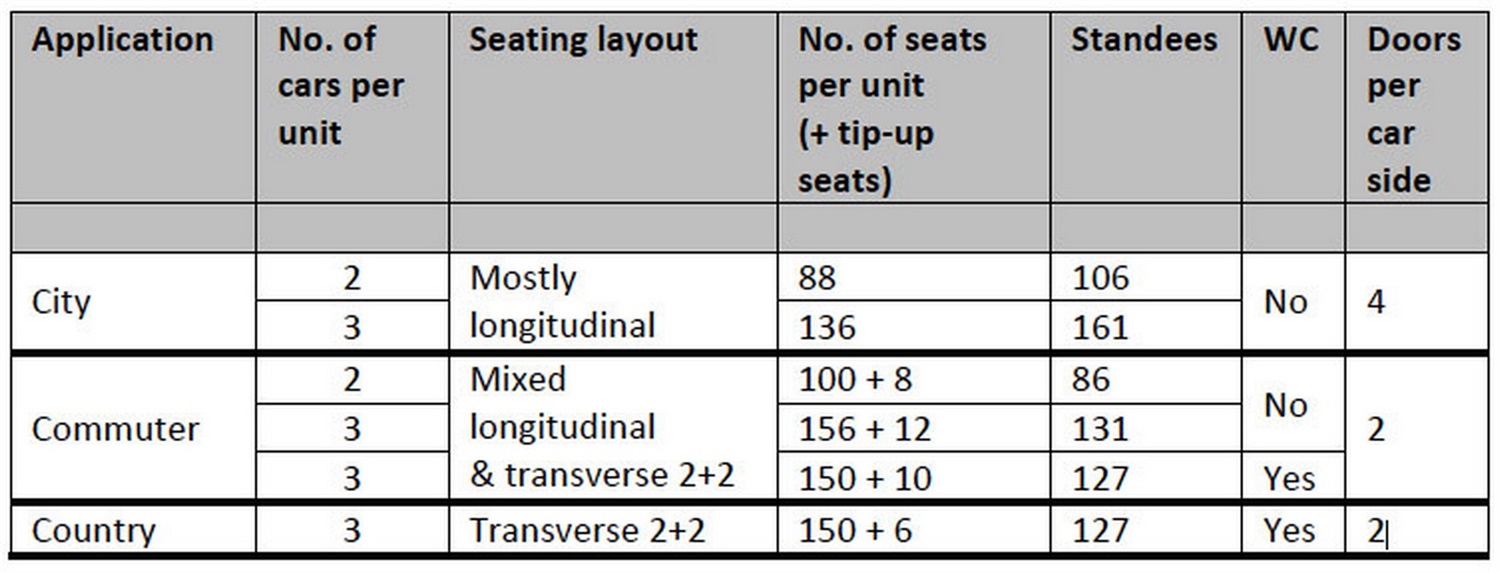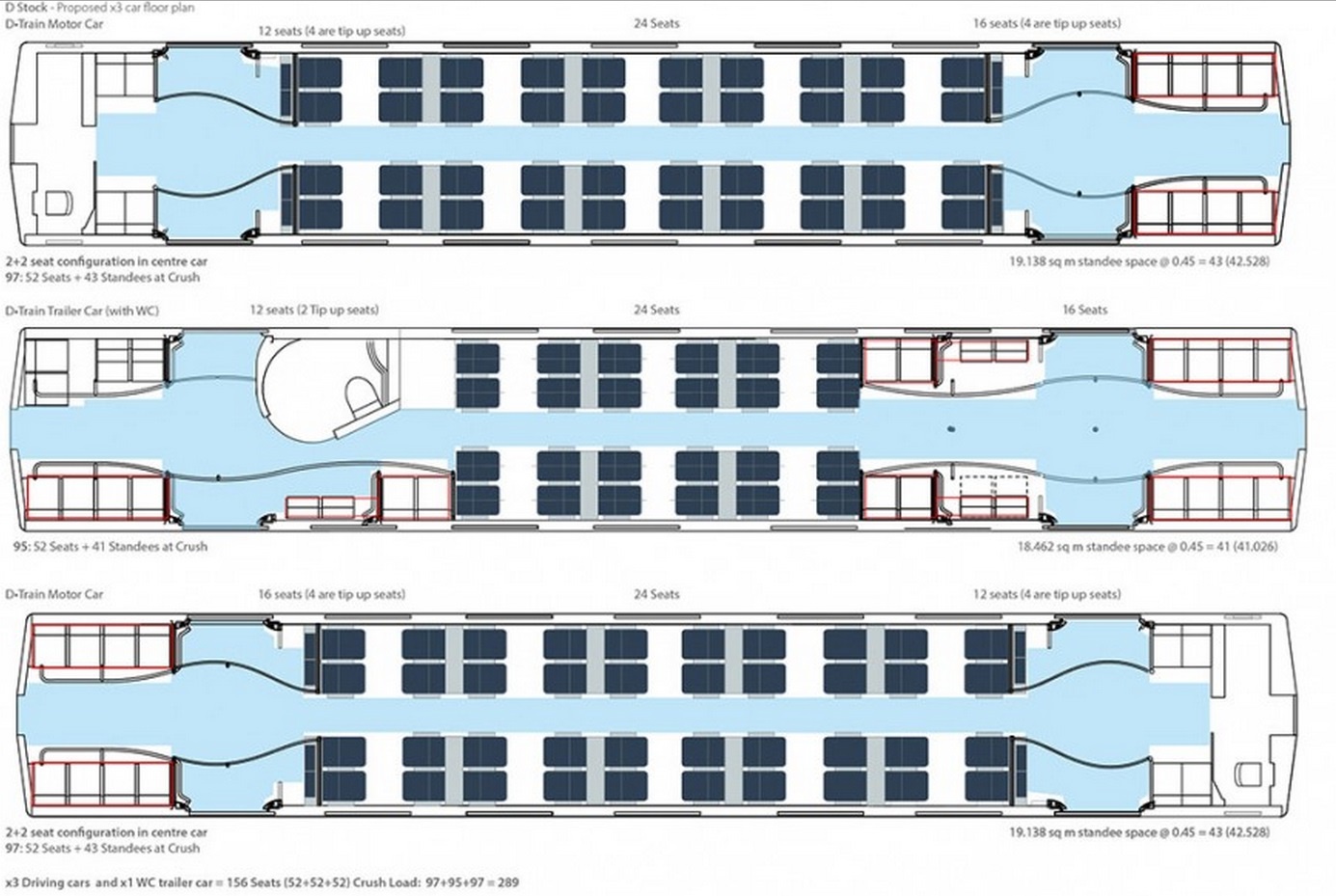18.12.14
Ex-LU stock being converted into DEMUs – next stop the north?
A rolling stock company has purchased the outgoing London Underground D78 stock with plans to convert them into DEMUs – with suggestions that they could be used to replace Pacers on routes in the north of England “at a fraction of the cost of buying conventional new rolling stock”.
In November Vivarail acquired 150 driving motor cars and about 300 vehicles of ex-District Line stock with plans to form 75 units of two, three or potentially four-car trains.

(Image: c. Tom Page)
A Vivarail spokesperson confirmed the purchase to RTM and said the first batch is due to arrive “shortly”, as they are withdrawn from LU operations and replaced with modern S Stock.
Vivarail plans to have a converted prototype ready by May or June of 2015.
The spokesperson also confirmed there had been expressions of interest from TOCs regarding the scheme but would not go into further detail. But its website makes a point of mentioning that the new train meets all the regulations on disability access – a key flaw of the Pacers, which would need an expensive overhaul before the regulations become mandatory in 2020.
The company calls the proposed converted units ‘D-Trains’ and says: “The Vivarail D-Trains are purpose-designed diesel multiple units. They are ideal for local rail services, where the requirement is for fast acceleration, minimal station dwell times, easy movement through the train for passengers and staff, and capacity combined with comfort.”
It adds: “The D-Train uses proven technology and innovative systems to give low costs, early delivery, faster acceleration, increased capacity and more comfort. The bodyshells and bogies from surplus London Underground District Line trains are combined with new diesel engines and modern control systems to create DMUs. Two- and three-car units can be supplied, with interior layouts configured for City, Commuter or Country rail services. The D-Train meets all current standards up to and including the 2020 PRM-TSI regulations.”

Vivarail, created in 2012 specifically to produce the D-Train concept, is led by a team with a huge amount of rail experience under their belts, headed up by former Chiltern Railways chair Adrian Shooter.
Rumours regarding the potential replacement of Pacers by old LU stock have been swirling for several weeks, with rail union RMT expressing outrage at the idea.
General secretary Mick Cash said: “We now know that the pledges to replace the clapped-out Pacers has been exposed as nothing but hot air as the government strategy for rail across the north unravels before their eyes, and that they are also being forced to consider replacing one lash-up with another by press-ganging 30-year-old London Underground stock into service, raising serious safety issues.”
Vivarail notes that the ‘flexible frame’ bogies are barely 10 years old, and promises: new engines and generators; new auxiliary equipment; new traction control systems; new national rail safety systems; a new cab structure; new gangways; new lighting; new or refurbished interiors, based on client requirements; upcycled corrosion-free aluminium bodyshells; and upcycled ‘nearly-new’ bogies.
It says: “D-Trains are much more than London’s cast-offs. Instead they offer a new concept in sustainable travel for local rail services, with a first-class engineering pedigree.”

But a Department for Transport spokesperson said: “There is no government proposal to replace Pacer trains with old London Underground trains.
“We are committed to improving services for passengers across the north. We recognise that pacers fall short of passengers’ expectations, which is why we will be specifically requiring bidders for the next Northern franchise to phase these outdated trains out. These bids must include improved rolling stock.
“The industry is best placed to tell us how more modern, better quality trains can be introduced, and it is only right that we look to them as we push ahead with our ambitious plans to transform the north’s rail network.”
RTM has reported extensively on the delays affecting key electrification schemes at the moment, and the concerns that there is a lack of suitable value-for-money diesel stock as a contingency and for non-electrified routes.
Tell us what you think – have your say below, or email us directly at [email protected]